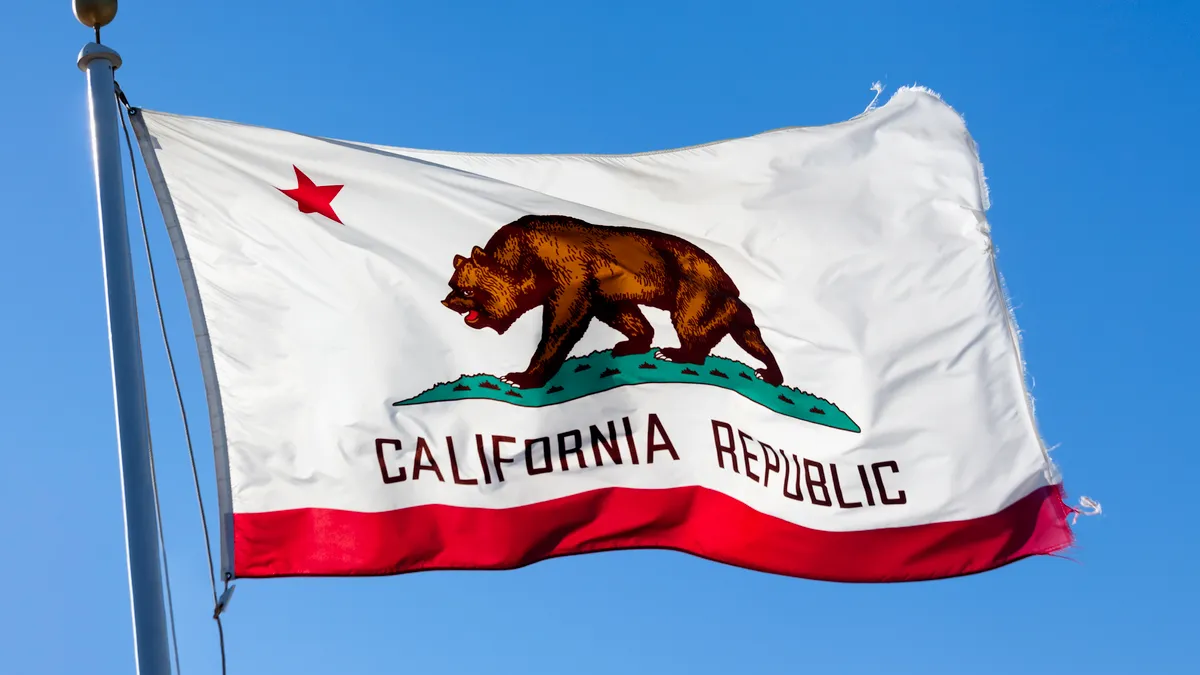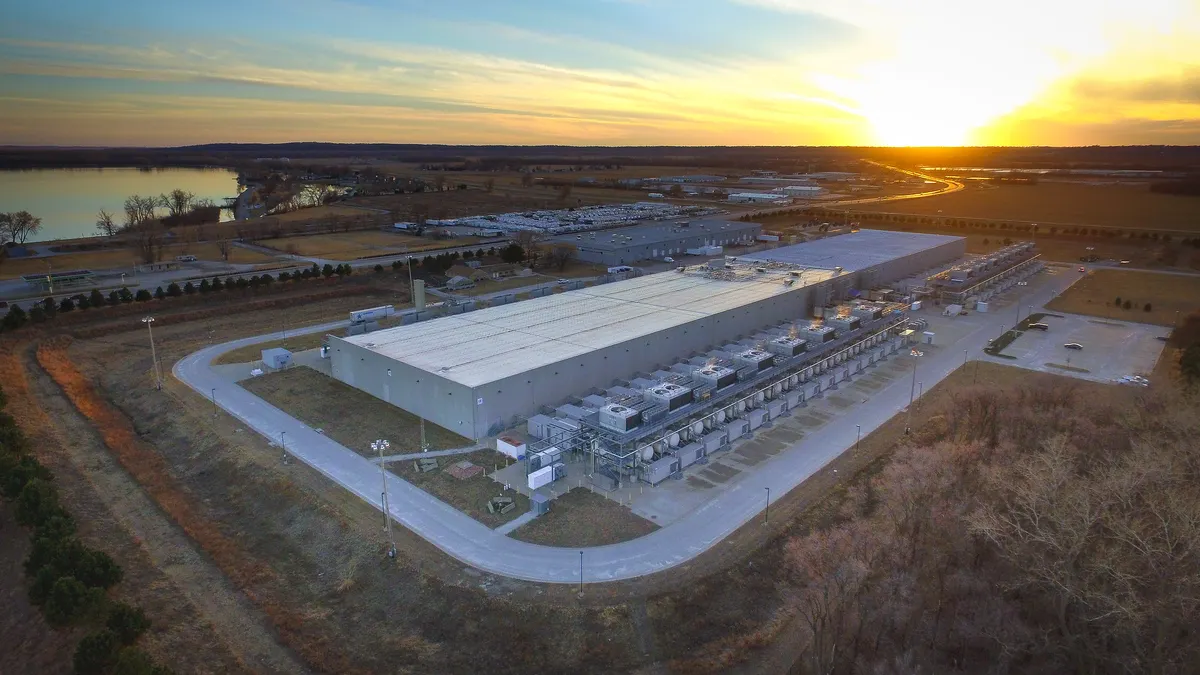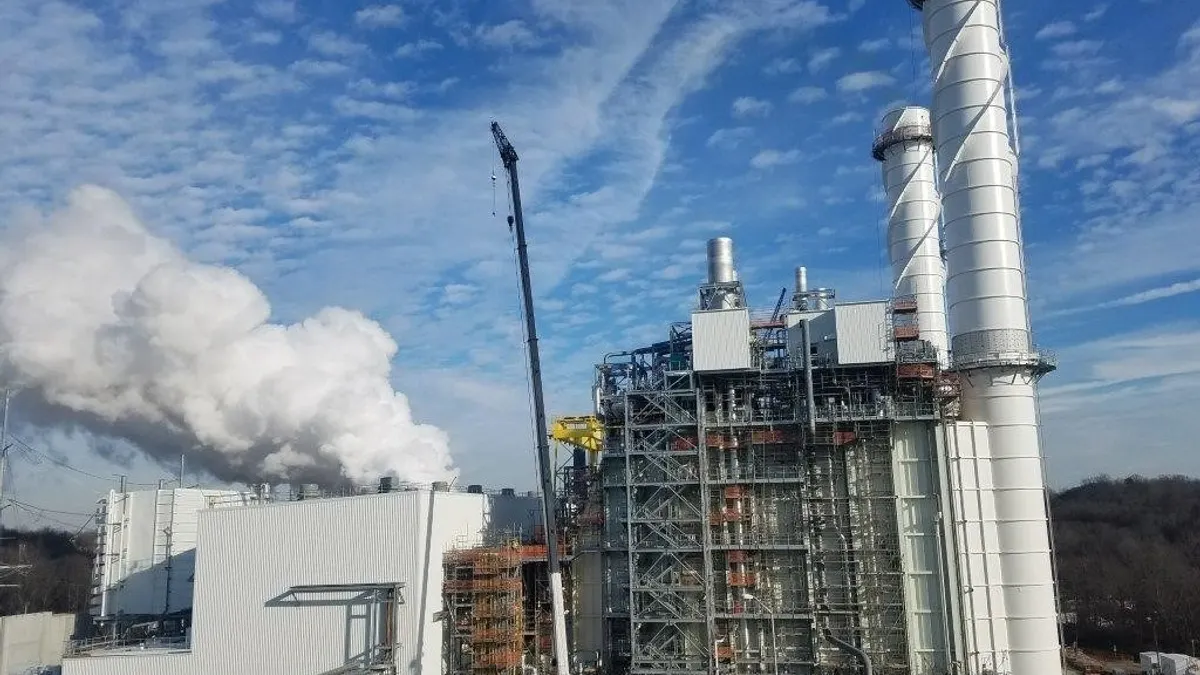The following is a contributed article by Adam Maxwell, government relations director at Audubon Washington.
Washington state received well-deserved praise last year after passing one of the nation's strongest 100% clean electricity laws. But electricity makes up less than 20% of The Evergreen State's greenhouse emissions.
The biggest culprit is the transportation sector, which makes up about 44% of emissions and will need to be shifted in the coming decades onto an increasingly clean grid.
At Audubon Washington, we care about birds, a lot. We are also driven by science. Studies published by the National Audubon Society have identified climate change as the number one threat to birds, which is why we support policies that protect the places that both birds and people need to survive.
We want a vibrant and just clean energy economy made stronger by laws that ensure a high degree of public accountability. Last year, we helped craft Washington's 100% clean electricity law, a bill that emphasized both affordability and accountability. This year, our top clean energy priority is the passage of a Clean Fuel Standard (HB 1110).
With so much uncertainty around the impacts of the Trump administration's deregulatory agenda — particularly the roll-back of California's clean car standards, it's imperative to have state-level regulations that don't depend on federal authority.
Washington State is continuing to work on improving our clean car standards by working to pass a Zero Emissions Vehicle mandate that would bring more EVs into the state, but we're also working on policies, like the Clean Fuel Standard, which would be independent of decisions made in the other Washington.
How it works
A Clean Fuel Standard would limit the climate impact of transportation fuels, and provide incentives for fuel providers, including electric utilities, who innovate and offer cleaner fuels into the marketplace. Those that can't innovate or align their products with what's necessary to limit the impacts of climate change will have to invest in making clean fuels cheaper and more widely available.
A Clean Fuel Standard will not only improve our air quality, but it will actually reduce overall transportation costs. Additionally, HB 1110 has provisions that require state agencies to review and publicly report on the affordability and effectiveness of their policies.
HB 1110 directs Washington State's Department of Ecology to require oil refiners and importers to reduce the carbon intensity of their fuels 20% by 2035. Compliance with this standard could be through blending biofuels into fossil fuels or by purchasing credits which creates value for low-carbon biofuels and low-carbon electricity used for transportation electrification.
Research by the Union of Concerned Scientists shows that California's Clean Fuel Standard generated $92 million for transportation electrification in 2016.
It's no exaggeration to say that a Clean Fuels program would be the cornerstone of Washington State's efforts to decarbonize our transportation sector over the next few decades. The robust clean energy planning built into the state's 100% clean electricity law will help ensure that there's enough new clean electricity coming online to meet this increased demand.
A recent US Department of Energy report affirms that electricity generation should keep up with increased load and an increasingly optimistic outlook for vehicle-to-grid technologies makes the value proposition that much more appealing for Washington State electric utilities.
Addressing the question of cost
Cost is, of course, a major factor, and the costs of transportation always fall hardest on people with the least disposable income.
We must always take this into account when designing policies intended to move us away from fossil fuels. The fact is, as similar programs in California and Oregon have shown, there really is no correlation between the cost of clean fuels credits and the cost of gasoline at the pump.
Research shows that overall costs for low carbon transportation will be much lower than our current fossil fuel-based transportation system. Switching from fossil fuels to electricity will lead to a two-thirds reduction in spending on transportation fuels, with an "e-gallon" in Washington costing about $0.87.
Coincidentally, $0.87 also happens to be how much the cost of gasoline fluctuated over the course of just a few months recently in Spokane. For those who are worried about how much a Clean Fuel Standard would contribute to the cost of gasoline in Washington over the next decade, this should be a sobering statistic.
A Clean Fuel Standard takes us beyond gasoline and into a future of more reliable, affordable, and climate-friendly transportation. The Washington State Senate can help us get there by passing HB 1110 this year.
Ensuring public accountability
Passing policy into law is one thing. Making sure a bill's intent is achieved is another.
Passing HB 1110 into law would set in motion a series of reporting and accountability measures designed to ensure that Clean Fuels is an affordable and cost-effective way to reduce greenhouse gas emissions and transition Washington to a cleaner transportation system.
Evidence from California and Oregon suggests that a Clean Fuels Standard is an efficient policy solution. Still, HB 1110 will require the Department of Ecology, the Department of Commerce, and legislative auditing committees to submit regular reports and recommendations to the legislature on how to make the program even more effective.
These reports and recommendations will be bolstered by independent third-party analyses on the costs or savings made possible by the Clean Fuels Program, as well as any impact on jobs.
These accountability mechanisms will culminate in a 2027 report from the Joint Legislative Audit and Review Commission (JLARC). The report will assess the performance of the program in its first five years. If JLARC determines that it was not a success, the legislature will have the opportunity in 2028 to scrap the program and pursue other paths towards a 100% clean transportation system.
Not only will these accountability mechanisms and data disclosures benefit Washington's program, but they will also provide value to other jurisdictions analyzing how they, too, can clean their transportation systems.
Smart, effective policy for a clean future
Climate change is a monumental global challenge. Legislators must recognize the science-based urgency of the climate crisis.
Audubon's latest report Survival by Degrees shows that if we fail to stop the rate of global warming, two-thirds of North America's birds will be vulnerable to extinction. What's bad for birds is bad for us.
Confronting climate change means utilizing every tool at our disposal. A Clean Fuels Standard is a proven technology-neutral approach for ratcheting down pollution and would create an efficient, effective, and accountable market for cleaner fuels.
As we shift to a clean energy economy, our legislative leaders will need to pursue new creative revenue options to maintain and enhance a low-carbon transportation infrastructure. HB 1110 has passed out of the Washington State House of Representatives twice in the past two years. Now is the time for the State Senate to act.





















